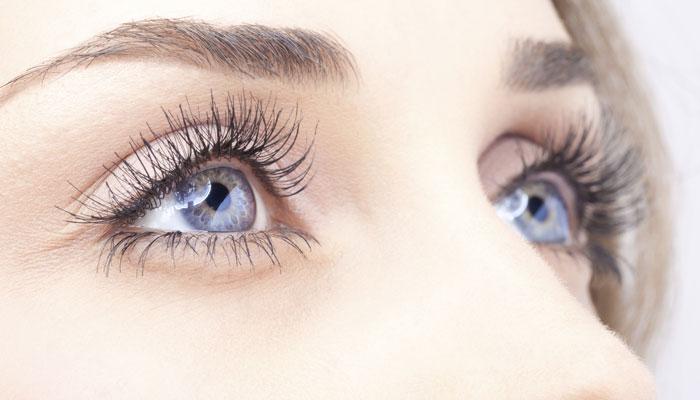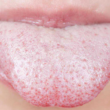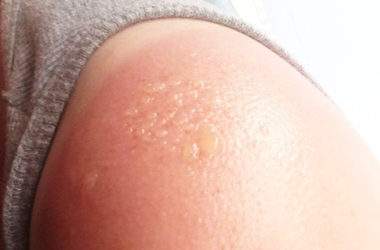Eye twitching is the spasm of the upper or lower eyelid. It is a pretty common occurrence, and it’s not unlikely for you to have experienced such at one point. What should you do when eye twitching strikes? Most of the time, there is nothing that you should do — it will go away on its own after a few involuntary contractions. There are instances, too, when it may come and go in a span of several weeks or even months.
If you don’t want to experience it any further, you have to deal with the root cause. Generally, the underlying reason why your eye twitches is nothing serious — so there is really no need to panic and pin down the source.
However, there are instances, too, wherein the issue can be associated with a handful of medical conditions affecting the eyes. Some of them include blepharitis or eyelid inflammation, glaucoma and corneal abrasion. Allergies that cause your peepers to itch and water can be blamed, too. In rare instances, eye twitching may be brought about by various nervous system problems like multiple sclerosis and Bell’s palsy.
Before you assume that you may have one of those eye or nervous system issues, it’s a good idea to consider which of the most common causes of eye twitching could be the reason for its existence. And what are the usual culprits behind the spastic movements of your upper or lower eyelid? Here they are:
Eye Strain
Sometimes eye twitching happens when you have been in front of the computer for long periods of time. It may also be due to the extended use of your smart phone or tablet. Is your vision blurred? Perhaps it’s causing your eyes to work too hard, and thus you should see an optometrist. If you are already wearing prescription eye glasses, go consult your optometrist to check whether or not your lenses need to be changed.
Stress
The bodies of different people react differently to stress. If you have been swamped with tons of school, office or home tasks as of late, stress could be the reason behind the twitching of your eyelid. In order to make eye twitching stop, you will have to reduce your stress levels. Such can be done by steering clear of as much stressors as you can, and doing some effective relaxation techniques such as a massage, yoga, writing or music listening at the end of your day.
Lack of Sleep
We all know that getting a good night’s sleep is important. Otherwise, it’s not unlikely for you to suffer from a host of issues related to sleeplessness — from being grumpy to feeling constantly famished. Did you know that your eyelid may twitch if you are not getting enough sleep at night? It’s a good idea for you to look up some effective solutions to insomnia that are all-natural and free of side effects, such as drinking tart cherry juice or having a warm shower.
Alcohol
Increased alcohol intake may cause spastic movements of the muscles in the upper or lower eyelid, say the experts. So in case you are wondering why your eye is twitching, it could be because of the loads of alcohol you guzzled down at last night’s party. Alcohol consumption may also rob you of a good night’s sleep. Just like what’s discussed earlier, lack of sleep is something that can be blamed for eye twitching.
Caffeinated Drinks
Just like alcohol, coffee (most especially if taken in large amounts) is something that can cause your eyelid to twitch — not to mention all the other annoying symptoms such as lightheadedness, nausea, headache, palpitations and anxiety. Perhaps you should consider reducing the amount of coffee you chug per day. It’s not just coffee that you should go easy on, but also other caffeinated beverages such as tea, cola and energy drinks.













